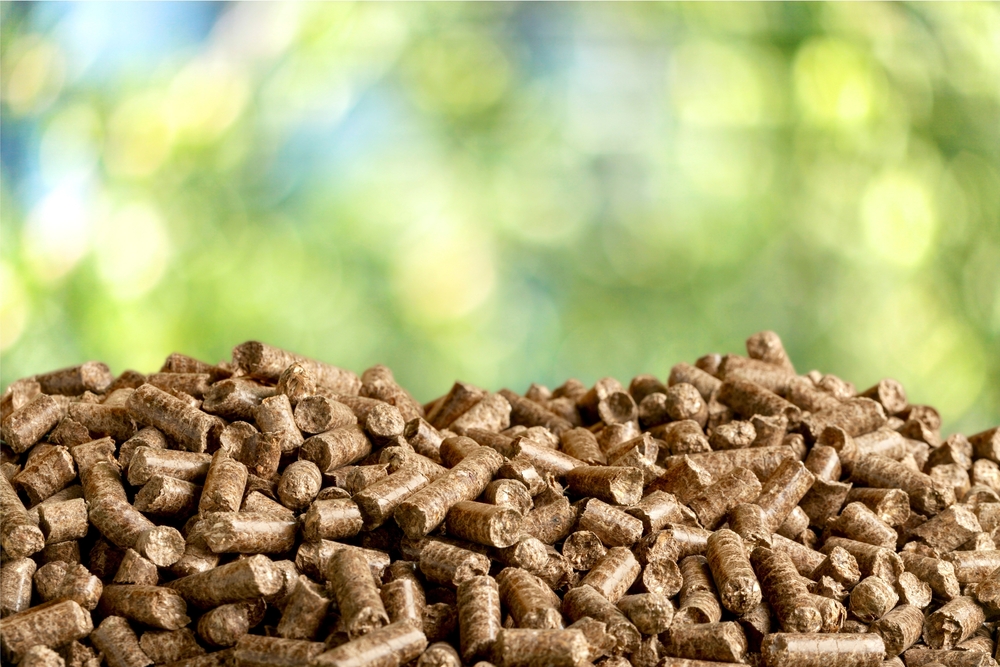How the New Government Bill Affects Biomass Fuel
A new strategy set for 2022 has been announced by the UK Government that looks set to support the use of biomass fuel.
The UK Renewable Energy Association has welcomed this announcement, reiterating how important bioenergy is to a renewables revolution.
P.H Winterton and Son are one of the leading providers of biomass fuel to clients all over the country. Here we will look at the announcement in greater detail and how biomass fuel could become more widely used.
How Bioenergy Could Affect Climate Change
The UK Department for Business, Energy and Industrial Strategy (BEIS) is putting together a new bioenergy strategy in response to the Committee on Climate Change’s 2020 progress report, which was released in June.
The report detailed progress for the UK in reducing emissions and looked at the government’s climate change mitigation activity.
This report called for the UK to refresh its bioenergy strategy to include the best uses of biomass fuel and waste resources through until 2050. This includes wood in construction and the wider bio-economy, the role of carbon capture and storage (CCS) plus clear dates for CCS to be implemented in biomass and waste facilities.
The BEIS intends to publish a new biomass energy strategy in 2022, which will build on the previous strategy released in 2012. It will aim to bring together many departments whose policies for net-zero involving the use of sustainable biomass.
Nina Skorupska, chief executive of the Renewable Energy Association (REA) commented,
“We note the Government’s response to the CCC’s report and strongly welcome the government’s new commitment to delivering a revised Bioenergy Strategy for the U.K., in line with the recommendation of the Committee on Climate Change and building on the REA’s own industry-led Bioenergy Strategy, published last year.”
Leading Supplier of Biomass Fuel
P.H Winterton currently offers two different types of biomass fuel, P16 grade (smaller size of wood chip) plus P35 grade (a grade wood with no contaminants present).
We use Grade-A wood residue from sawmill waste collections which can be burnt in a boiler for industrial heating and electricity.
Get in touch today to find out more.

